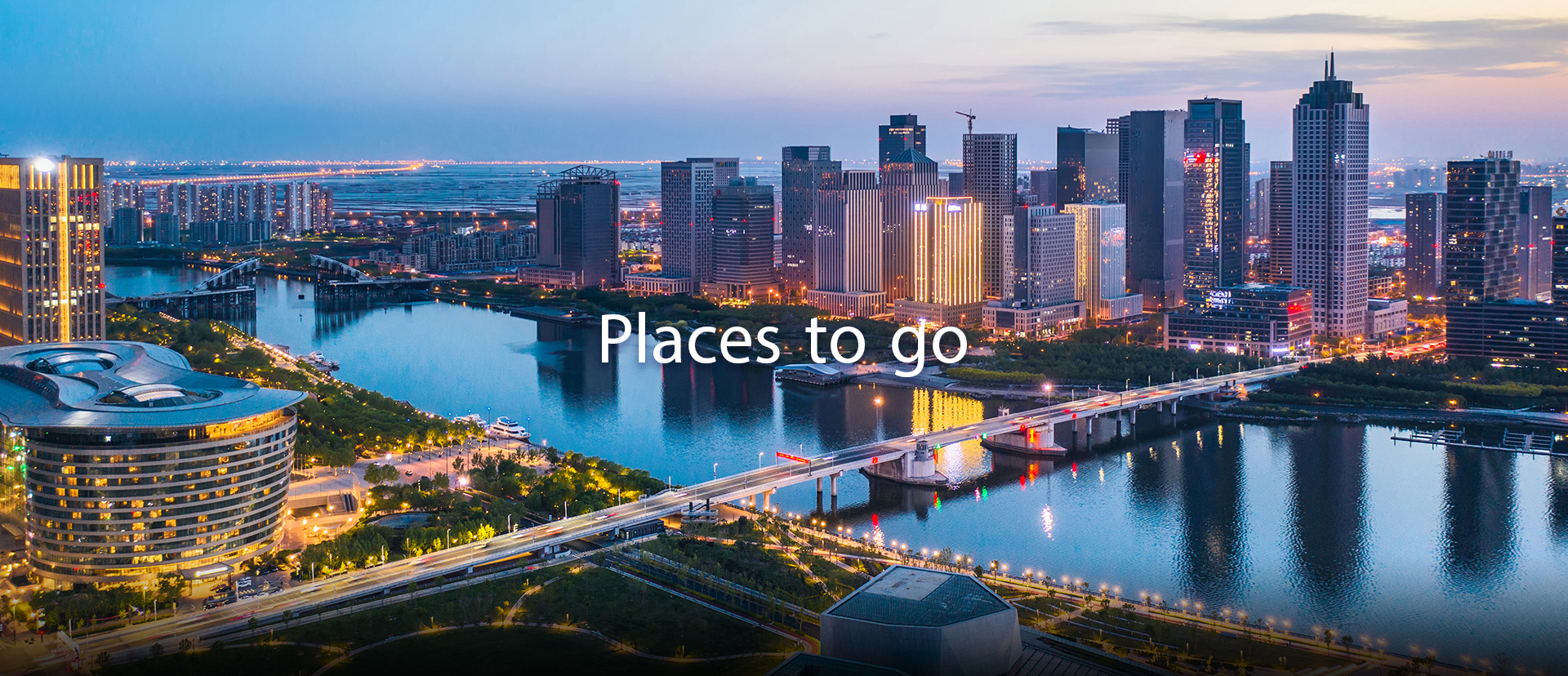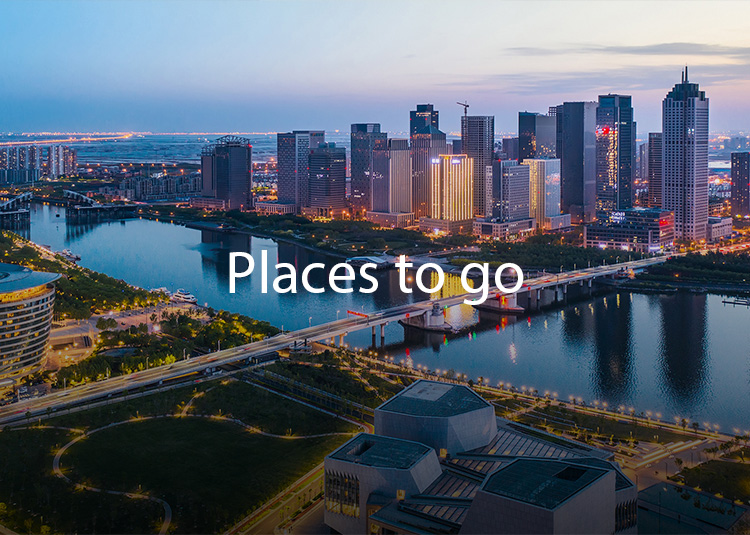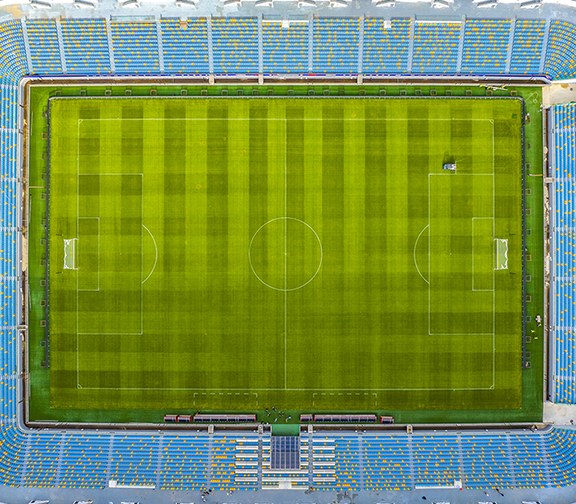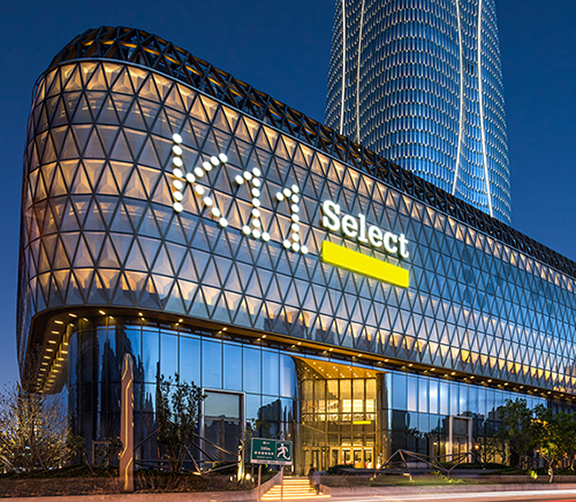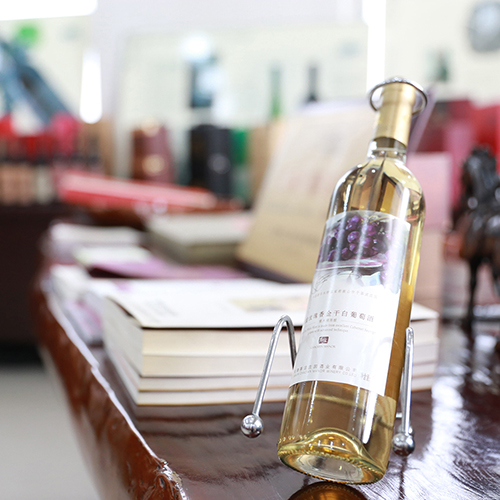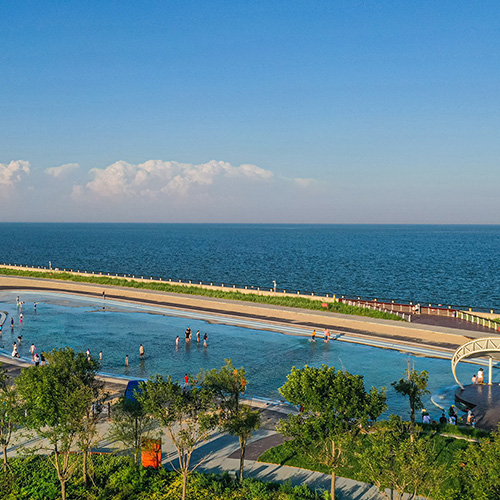Dagu
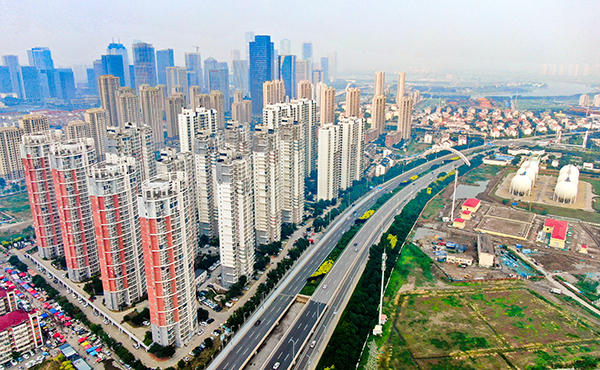
1. Overview
Dagu Subdistrict is located in the central-eastern part of Binhai New Area and is one of the historical birthplaces of Tanggu. It is bordered by the Haihe River to the north and the Bohai Sea to the east. The subdistrict is in close proximity to the "Yuxiang" area of the Economic Development Zone and the Tianjin Port Free Trade Zone. With a vast area and convenient transportation, Dagu serves as a crucial transportation hub connecting both sides of the Haihe River and providing access to key economic areas such as Nanjiang, Lingang, and Nangang. It is also one of the central business districts of Tianjin Free Trade Zone, contributing to the expansion of the southern core area of Binhai New Area.
2. Economic
Dagu Subdistrict’s economic indicators are among the highest in the new area. In 2022, the total fixed asset investment reached 3.8 billion yuan, marking a year-on-year increase of 738.8%. The total sales volume of commodities above the quota was 10.23 billion yuan, reflecting an 18% growth. The total industrial output value of scale-above industries reached 8.81 billion yuan, while the total retail sales of consumer goods above the designated scale reached 1.47 billion yuan.
The subdistrict is home to 52 enterprises above the designated scale, 11 high-tech enterprises, 6 national science and technology small and medium-sized enterprises, 11 emerging enterprises, and 1 fast-growing enterprise.
3. Population and Area
Dagu Subdistrict spans a total area of 185.76 square kilometers, making it the largest subdistrict in the Binhai New Area. It comprises 17 communities and 48 natural residential areas, with a permanent population of 93,100 residents. Additionally, the southern region, known as theTianjin Port Bulk Cargo Logistics Center,will be incorporated into the subdistrict, adding an area of 11.93 square kilometers.
4. Tourist Attractions
The Dagu area boasts a rich historical and cultural heritage, featuring landmarks such as Dagukou Fort and Dagu Mosque. is the area is also known for its folk cultural heritage, including the Dagu Dragon Lantern, Dagu Luozi (a traditional board game), and Dagu Ship Models. From 2018 to 2023, the subdistrict has been continuously selected as a "Hometown of Chinese Folk Culture and Art."
Looking ahead, Dagu aims to develop the leisure tourism industry by focusing on creative experiential tours.Key sites for this development include the Dagu Dragon Lantern Base, Dagukou Fort, and Haijing Group Salt Field Area. The goal is to strengthen the “Gukou Culture” brand through the integration of culture and tourism.
5. Featured Industries
The industrial landscape of Dagu Subdistrict is characterized by three main clusters. Firstly, there is a concentration of productive service enterprises centered around the Bohai Oil Zone. Secondly, a cluster of commercial and trading enterprises is led by the Henan Road Automobile Cultural and Creative Block. Thirdly, a cluster of green industries is driven by photovoltaic projects. In the future, the area will focus on promoting five major industry clusters: green energy, smart technology, modern services, comprehensive trade, and cultural tourism.
6. Advantages and Resources
Dagu Subdistrict enjoys significant locational advantages. In recent years, it has integrated into the development chain of the "Yuxiang" area of the Economic Development Zone and the bonded area's coastal area, leading to increasing opportunities for enclave economy and building economy cooperation. Additionally, key construction projects such as the new campus of the Rocket Force Noncommissioned Officers Academy and the TEDA Science and Technology Innovation City have settled in Dagu and its surroundings, providing strong impetus for the high-quality economic and social development of the Dagukou area.
- Links
- Exploring Tianjin
- Tianjin Gov

